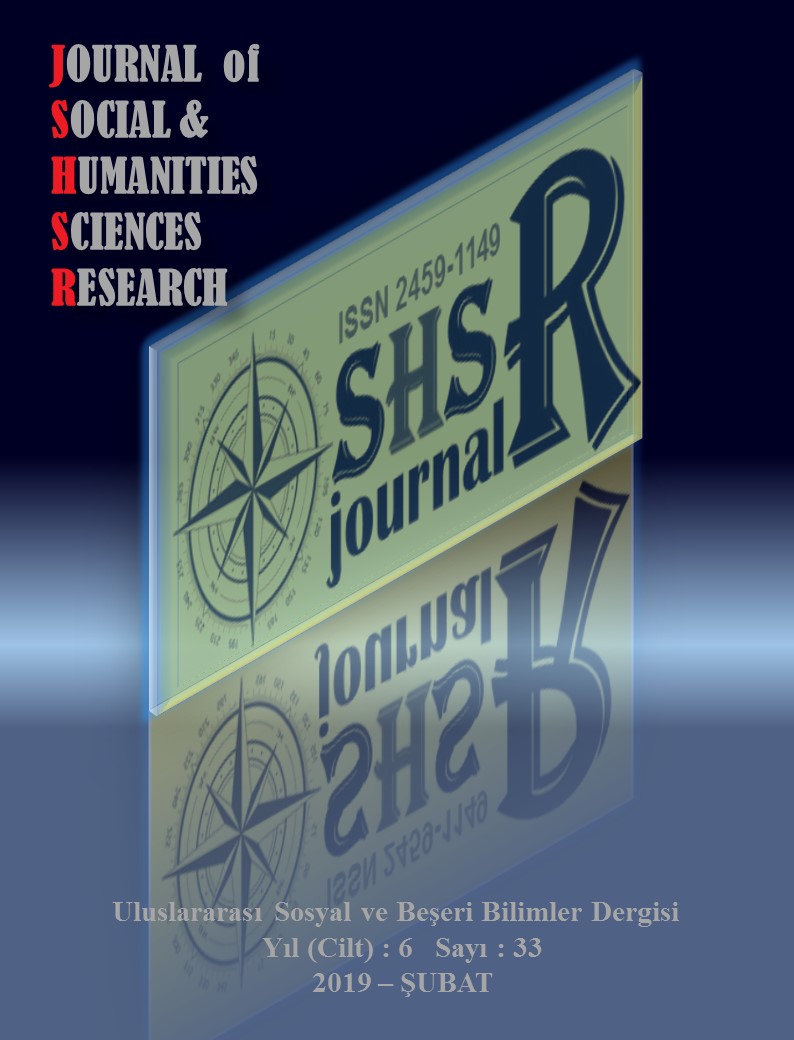I KNOW MYSELF, I DO (NOT) WORRY! THE ROLE OF DIGITAL METACOGNITION ON FEAR OF MISSING OUT (FOMO) AND SOCIAL MEDIA ADDICTION
DOI:
https://doi.org/10.26450/jshsr.1105Keywords:
Digital metacognition, Fomo, Compulsive Social Media Use, Fear of Missing OutAbstract
The purpose of this study is to examine the effect of digital metacognition levels of young people on compulsive social media usage and fear of missing out (Fomo). In line with this purpose a questionnaire was applied to 699 students reside in Tokat Gaziosmanpaşa University that selected by quota sampling. The data was analyzed by SPSS 18 pocket program. Descriptive statistics, factor analysis, cluster analysis and One-Way ANOVA were used to analyze the data. The results showed that the digital metacognition level of students could be divided into four clusters. These clusters were named as uncontrolled, cautious, control myself and skeptical ministers. The highest tendency to focus on the lesson is cautious cluster. Students who use the phone on course and who with problems of focus on the course are the uncontrolled cluster. It is recommended to eliminate this negative situation by developing metacognitive strategies. The uncontrolled cluster has the higher fear of missing out and social media addiction.
Downloads
Published
How to Cite
Issue
Section
License
Copyright (c) 2019 INTERNATIONAL JOURNAL OF SOCIAL HUMANITIES SCIENCES RESEARCH

This work is licensed under a Creative Commons Attribution 4.0 International License.


